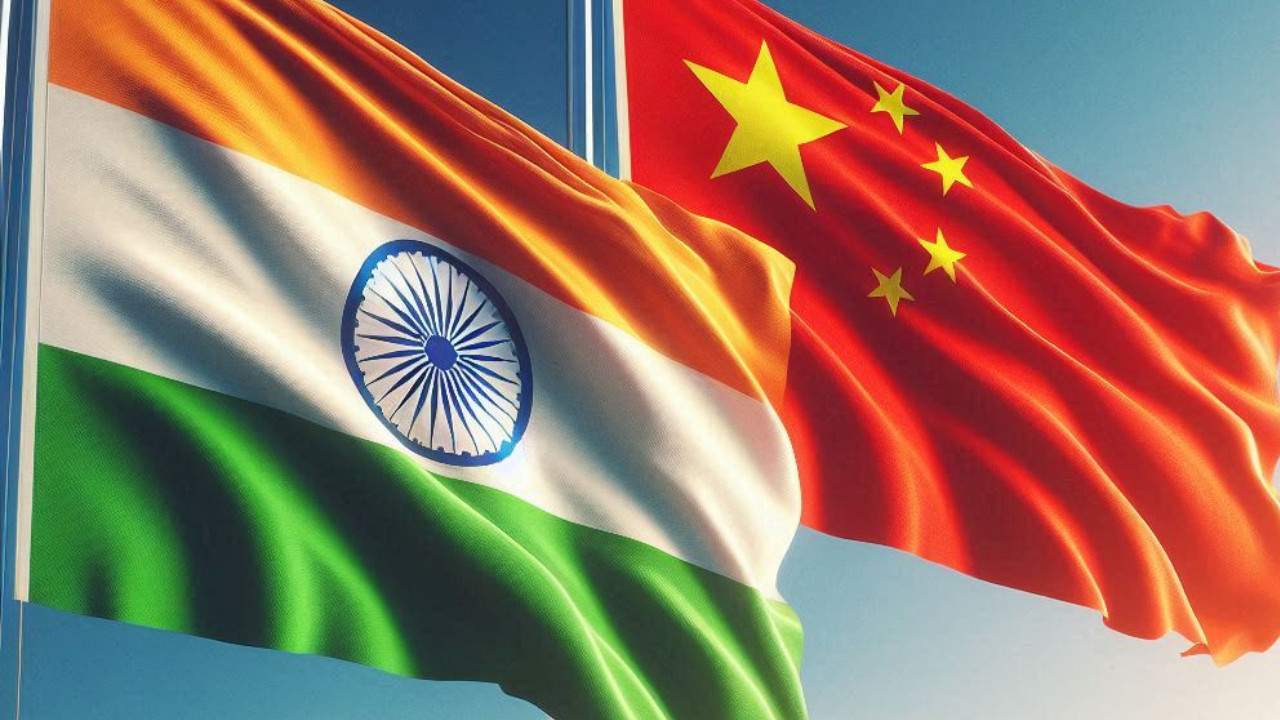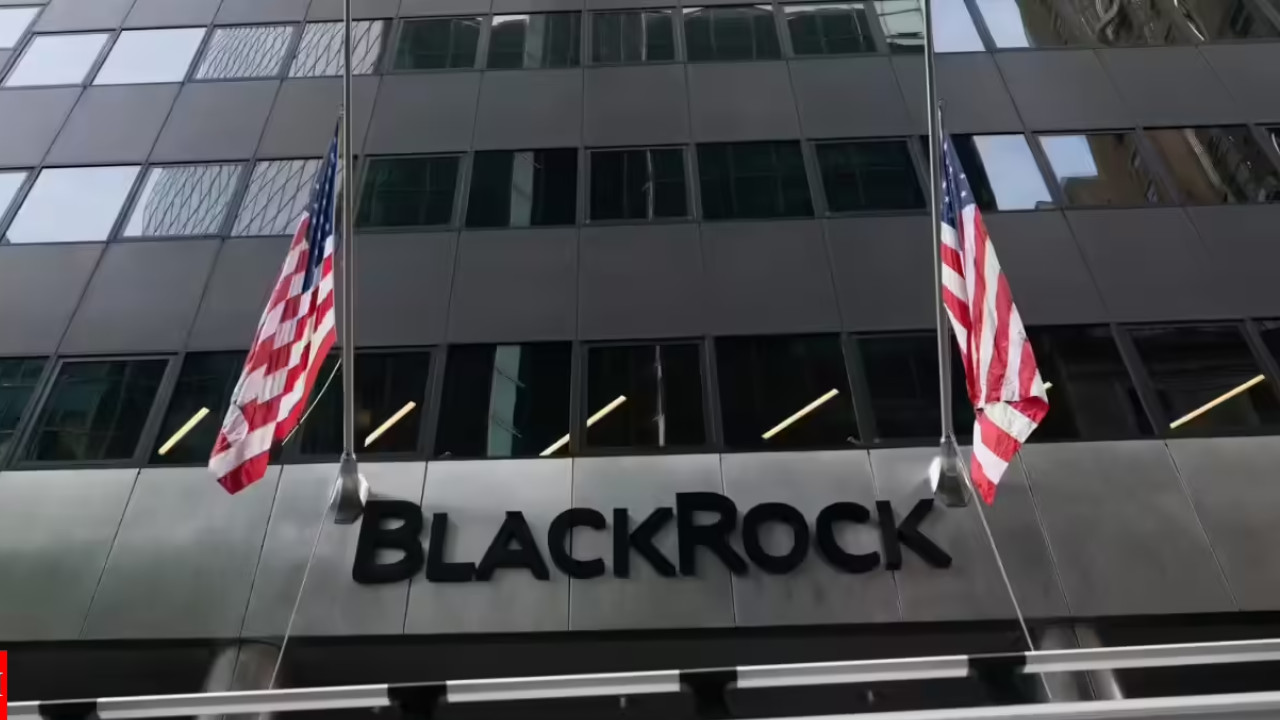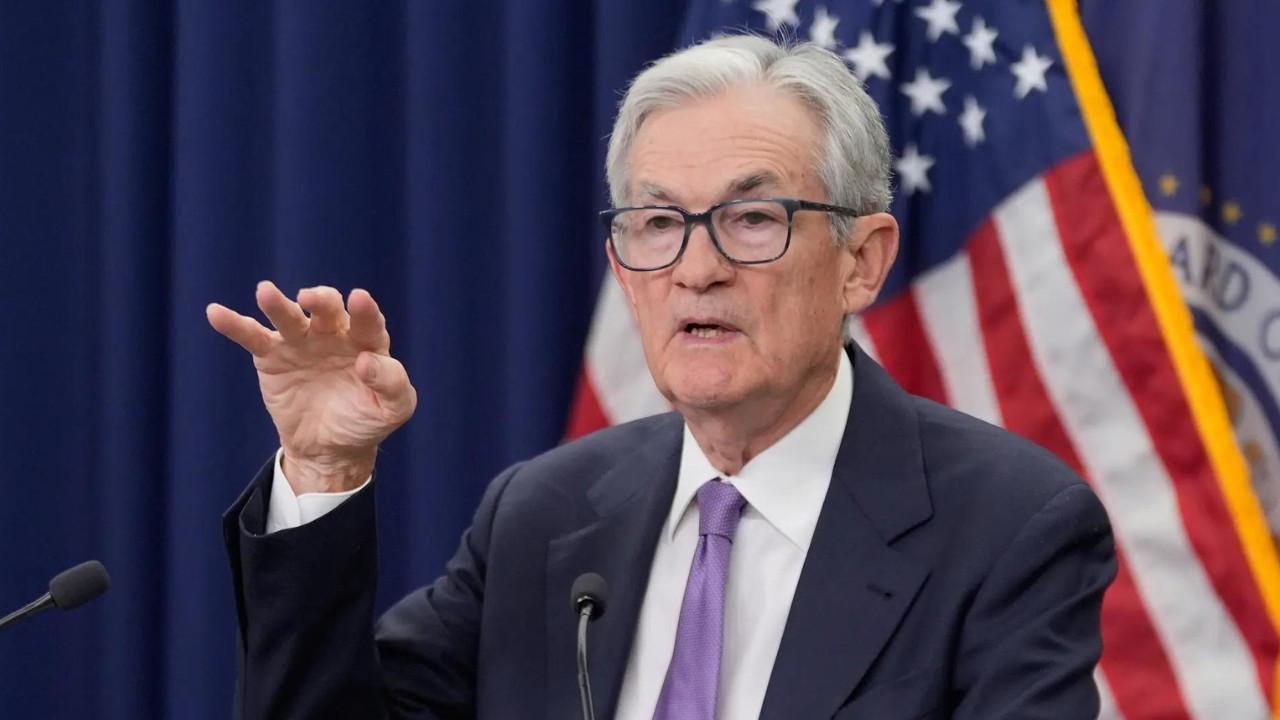India is poised to ease visa restrictions for Chinese business professionals after a five-year hiatus, signaling improved bilateral relations. This move will allow executives from major companies like Xiaomi and Byd to enter India more easily. The relaxation aims to support Chinese companies operating in India and foster partnerships with Indian enterprises, boosting trade and investment.
A Thaw in the Himalayas? India Streamlines Business Visas for Chinese Executives
The air between India and China, recently thick with geopolitical tension, might just be clearing. Whispers of improved relations are growing louder, and the latest indication comes from a significant shift in India’s approach to business visas for Chinese executives. The word is that India is poised to ease the previously stringent process, potentially paving the way for smoother operations for Chinese companies in the Indian market.
For companies like Vivo and Xiaomi, who have invested heavily in India, this news likely comes as a breath of fresh air. In recent years, securing business visas for their top executives has become a logistical hurdle, slowing down operations and hindering strategic decision-making on the ground. A more streamlined process suggests a renewed openness to Chinese investment and participation in India’s booming economy.
What sparked this change of heart? It’s no secret that relations between the two nations have been strained, particularly following border disputes. However, pragmatism often wins the day in international relations. Both countries stand to gain from increased trade and economic cooperation. Perhaps this visa policy adjustment is a subtle signal that both sides are ready to move towards a more constructive dialogue.
This isn’t simply about making life easier for a few multinational corporations. The ripple effect could be substantial. Easier access for Chinese executives could translate into increased investment, job creation, and technological advancements within India. It could also foster a more collaborative environment, encouraging joint ventures and knowledge sharing between Indian and Chinese businesses.
What to Expect from the New Visa Process
While the exact details are still unfolding, the expectation is that the new visa process will be significantly faster and more transparent. Applications from top executives at major Chinese companies are likely to receive priority consideration. This suggests a targeted approach, focusing on businesses that have a proven track record of contributing to the Indian economy.
<img src="image.jpg" alt="Indian and Chinese flags waving, symbolizing potential for renewed trade and easier business visas.” width=”600″ height=”400″>
The previous bottlenecks often involved extensive background checks and bureaucratic delays. While security considerations will undoubtedly remain paramount, the hope is that the new process will strike a better balance between vigilance and efficiency. Think fewer hoops to jump through and quicker turnaround times.
The Bigger Picture: India’s Economic Strategy
This shift in visa policy needs to be viewed within the broader context of India’s economic strategy. The country is actively seeking to attract foreign investment to fuel its growth ambitions. While diversification of investment sources remains a key priority, recognizing the potential of Chinese businesses is a crucial part of the equation. India offers a massive and rapidly growing market, and Chinese companies possess valuable expertise in areas like manufacturing, technology, and infrastructure. The opportunity for mutual benefit is significant.
Furthermore, this move could be seen as a strategic effort to level the playing field. Indian businesses operating in China often face similar visa challenges. By easing restrictions on Chinese executives, India may be signaling its expectation for reciprocal treatment.
This policy adjustment certainly doesn’t erase the underlying complexities of the India-China relationship. However, it does represent a potentially significant step towards a more stable and mutually beneficial economic partnership. It’s a practical move that acknowledges the interconnectedness of the two economies and the potential for collaboration, despite the existing geopolitical challenges.
Interested in learning more about navigating the complexities of international business? Read our guide on [understanding cultural nuances in global negotiations](internal-link).
The coming months will be crucial in observing the actual impact of this policy shift. Will it truly lead to a surge in Chinese investment and collaboration? Will it contribute to a more positive overall relationship between the two nations? The answers to these questions will undoubtedly shape the future of India-China relations for years to come. It marks a potentially important recalibration, one that suggests even in a world of shifting alliances, economic pragmatism can still find a way.
Slug: india-eases-china-business-visas







